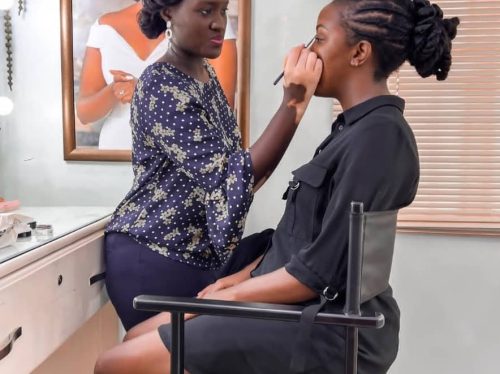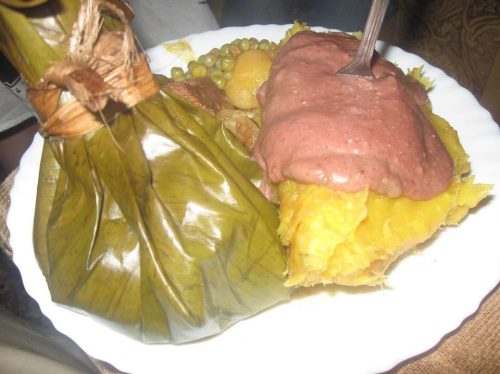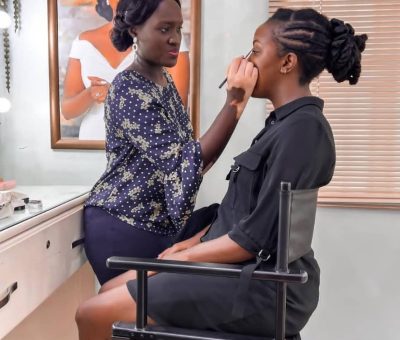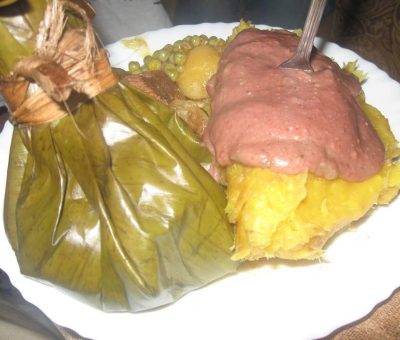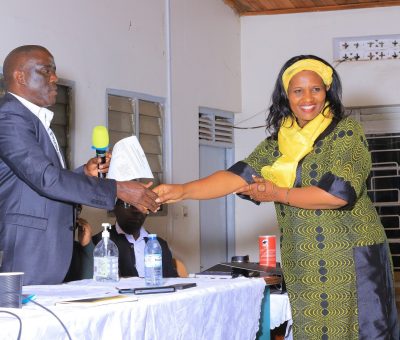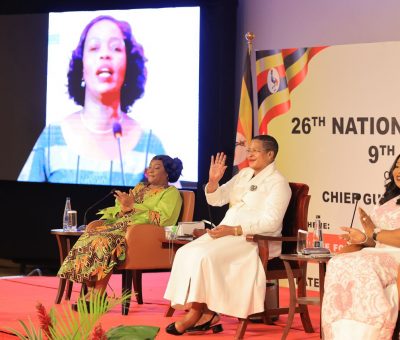Rehabilitating child sex workers
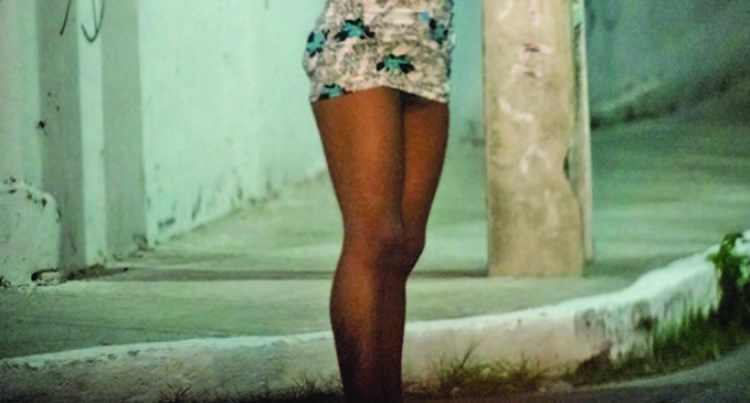
According to Uganda Youth Development Link 2011, there were 12,000 child prostitutes in Uganda in 2004 and by 2011, the number had risen to 18,000. This number continues to rise, putting all involved at high risk of contracting HIV/AIDS and other sexually transmitted diseases.
There has been a drive by several Non Governmental Organisations to help these girls and women off the street to engage in safe and more profitable businesses.
Ms Tracy Mukasa* is a social worker who spends most of her time working to rehabilitate these girls and women. She says while some of the girls come into the trade on their own, others come in alongside their parents. “You will find instances where both the child and her mother are sex workers in the same locality,” she says.
To help the children who are indoctrinated into the trade, Ms Mukasa says their target is girls between 15 and 25 years. “We also target the vulnerable, sexually abused and those trafficked into the country,” she says.
The procedure is that social workers go out at night to places where these girls may be found and engage them in conversation. “When the social workers get to them, they ask them if they are interested in getting help out of the trade. If the answer is yes, we get their contact and refer them to our centre for more interrogation so we are sure we are recruiting the targeted people,” Ms Mukasa says.
Ms Mukasa, who is also a primarily childcare development trainer started helping these girls in 2014. “I was called by a certain organisation to train the caretaker of the children and found that most of their mothers were sexual workers. This broke my heart because it was worse than when a child was born to a woman while she is in prison. For these, there was no certainty that there was a way out of this new way of living,” she says.
Ms Mukasa adds that her heart went out to these girls giving birth to children whose fathers were unknown due to the nature of their work or lifestyle. Therefore, their attachment to their children was poor and they did not have the skills or love to take care of their children.
Wondering if Ms Mukasa was scared to work in this environment, she says that since much of the focus was on their children, she was not scared. “Rather, I got an opportunity to talk to the girls. Thankfully, they opened up,” she says.
These are taught and trained in soft skills, counselled and mentored towards making them good mothers and caretakers. “The girls were already getting equipped with different skills so the organisation thought they also needed to learn about childcare. The organisation thus invited me to fill that gap after starting a children’s unit,” she says. Ms Mukasa majorly trains them in early childhood development for children between 0 and 6 years, which involves learning about brain development, bonding and attachment, motivation, play, and the child development calendar. “We follow a timetable and for my lesson, they come with their children so we learn by seeing (practicals),” she says.
The challenge is especially with inconsistency in attendance since some might have worked at night while those who make it are sometimes sleepy due to insufficient sleep while others are hung over.
Nonetheless, Ms Mukasa is amazed that some have gone ahead to apply for and get jobs, hence turning their lives around.
She says while these girls are neglected and seen as failures by the community, she has learnt not to isolate but accept them. The best thing she advises is often to find out the force behind their actions because most of them have nothing else to do to survive.
“They need help since some of them are not in this willingly. It is because they need basic needs for the children. Once given love and care, they can transform into resourceful, useful and responsible citizens. Therefore, we continue to mentor and give them motherly love,” she shares.




